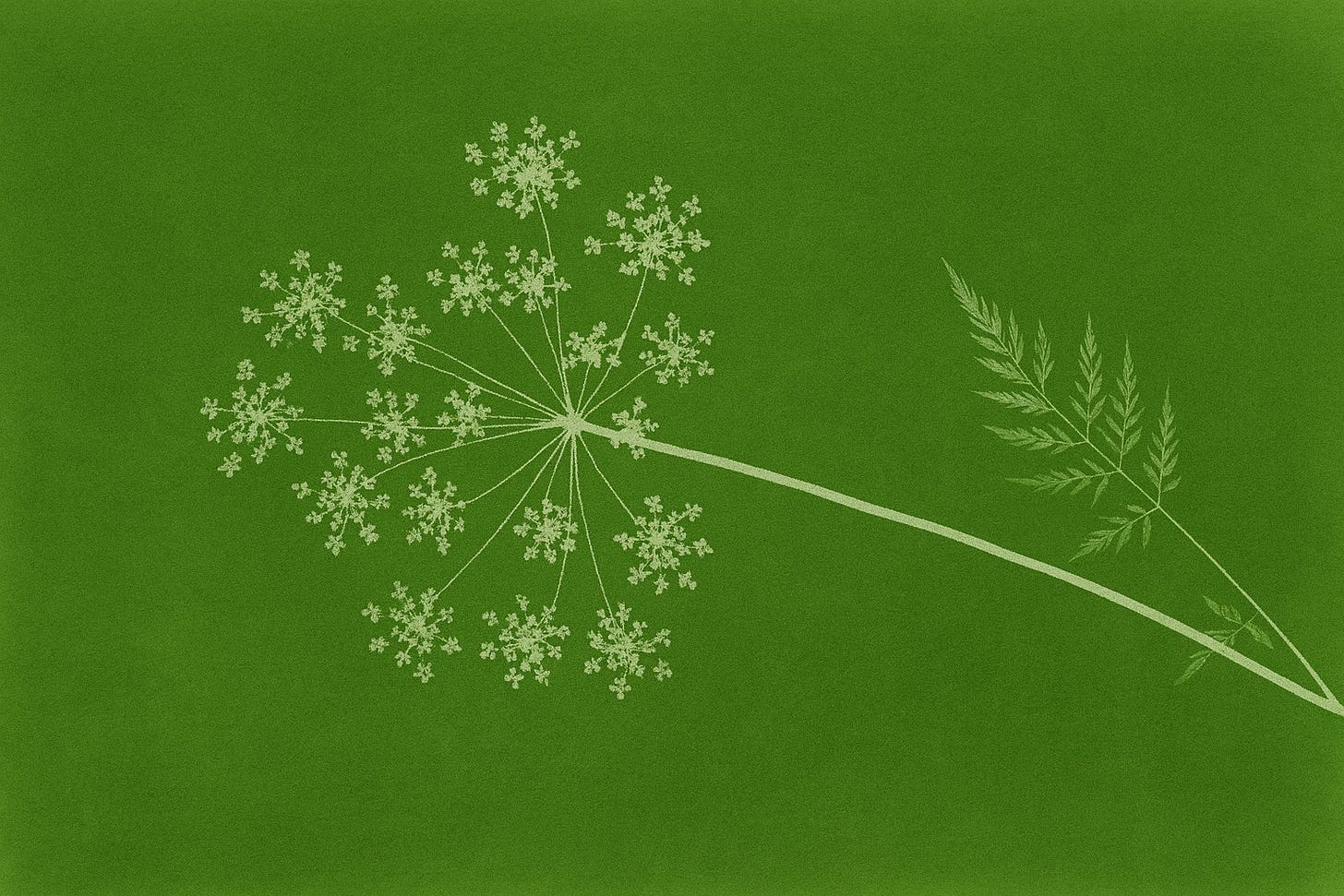
The Wisdom of Herbalism



Herbal medicine has been an integral part of human life for as long as we have existed on this planet.
Herbalism is all about using the natural healing powers and properties of plants to support well-being and health.
This is at the core of what I do as a Medical Herbalist.

Treatments are effective for both short-term issues and long-term healing, while being gentle and well-suited to sensitive systems, and always designed to work in combination with Western medicine and not as a replacement for it.
Each treatment is tailored to the whole person, considering physical, emotional and lifestyle factors for integrative healing.
Herbal medicine supports your body's natural ability to restore balance and address the root cause, rather than suppressing symptoms.
Herbs like echinacea, elderberry, and astragalus can strengthen the immune system, helping the body ward off infections and recover faster from illnesses.
Adaptogenic herbs such as ashwagandha, rhodiola, and holy basil help the body manage stress, balance cortisol levels, and enhance focus and cognitive function.
Peppermint, ginger, and chamomile are known to soothe digestive discomfort, reduce bloating, and improve gut health, which is vital for overall well-being.
Herbs like chaste tree (vitex), dong quai, and maca root can support hormonal balance, alleviate symptoms of PMS, menopause, or PCOS, and promote reproductive health.
Calming herbs such as valerian, passionflower, and lavender help induce restful sleep, reduce anxiety, and support overall mental peace.
Herbal medicine offers natural solutions tailored to your needs, working in harmony with your body. To book a one-to-one consultation, please get in touch.
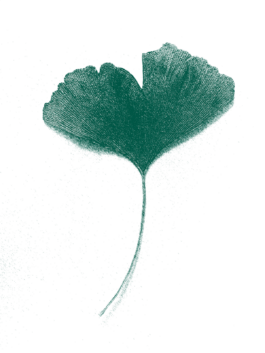

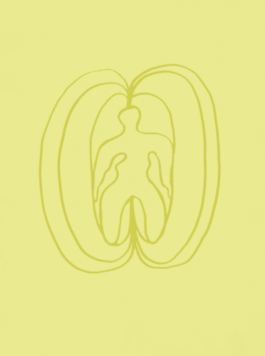

Herbal medicine has been an integral part of human life for as long as we have existed on this planet.
Herbalism is all about using the natural healing powers and properties of plants to support well-being and health.
This is at the core of what I do as a Medical Herbalist.
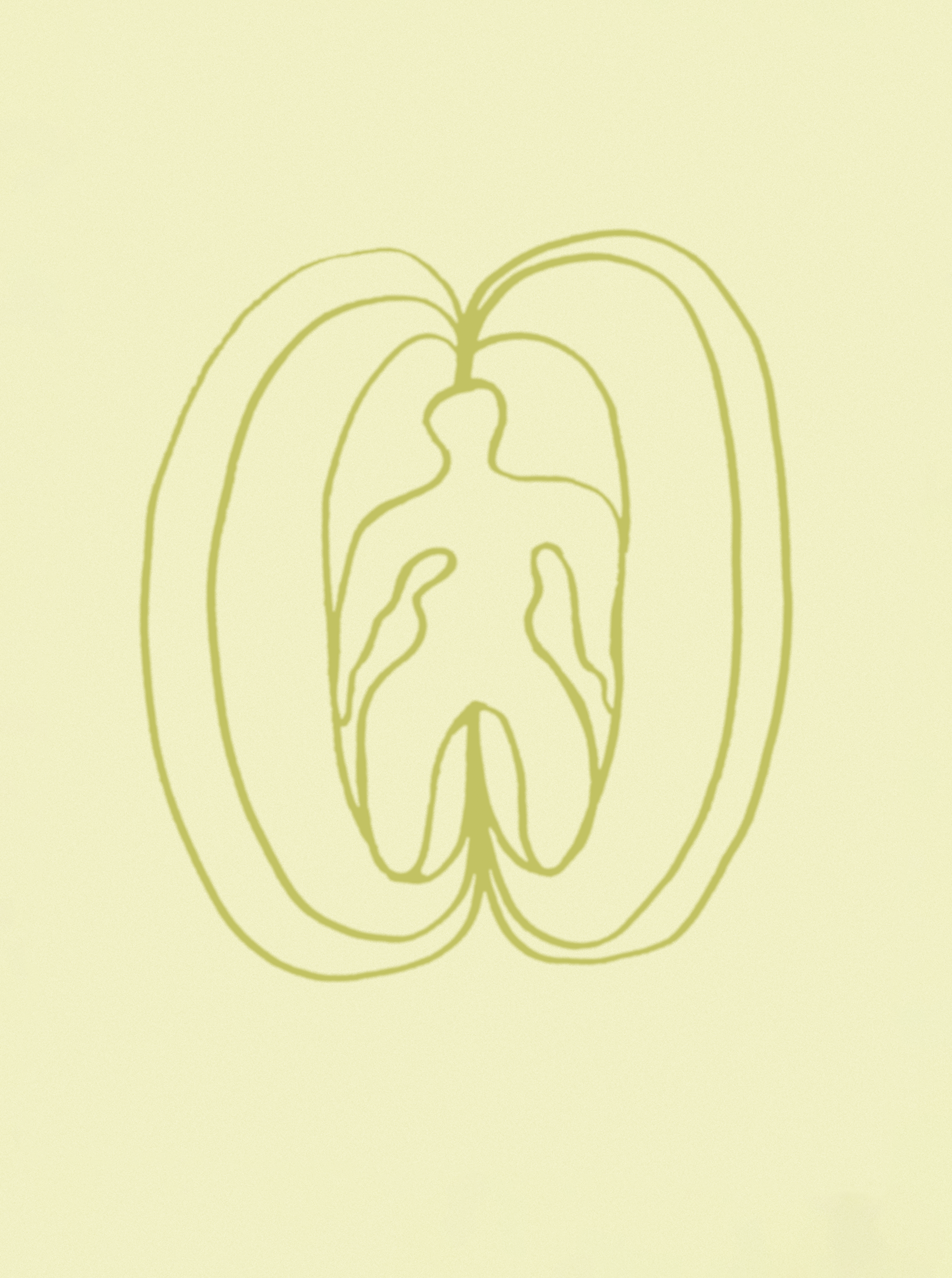
Herbal medicine offers a holistic approach to health, addressing not just symptoms but the underlying imbalances, fostering harmony between the body and mind.
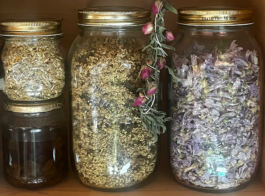
Herbal medicine offers a holistic approach to health, addressing not just symptoms but the underlying imbalances, fostering harmony between the body and mind.
Herbs like echinacea, elderberry, and astragalus can strengthen the immune system, helping the body ward off infections and recover faster from illnesses.
Adaptogenic herbs such as ashwagandha, rhodiola, and holy basil help the body manage stress, balance cortisol levels, and enhance focus and cognitive function.
Peppermint, ginger, and chamomile are known to soothe digestive discomfort, reduce bloating, and improve gut health, which is vital for overall well-being.
Herbs like chaste tree (vitex), dong quai, and maca root can support hormonal balance, alleviate symptoms of PMS, menopause, or PCOS, and promote reproductive health.
Calming herbs such as valerian, passionflower, and lavender help induce restful sleep, reduce anxiety, and support overall mental peace.
And so much more...
Herbal medicine offers natural solutions tailored to your needs, working in harmony with your body. To book a one-to-one consultation, please get in touch.

